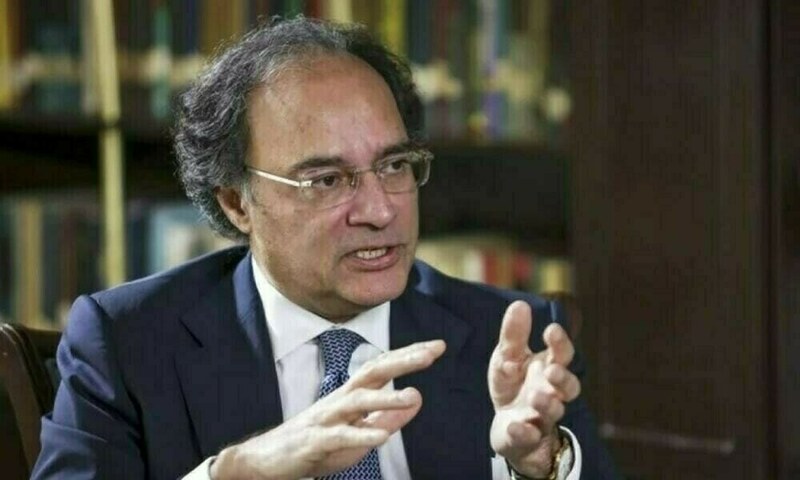ISLAMABAD: Federal Minister for Finance and Revenue, Senator Muhammad Aurangzeb, on Tuesday said export-led growth is not just a priority it is the only viable path forward for Pakistan’s economic stability and sustainability. Every sector of the economy will have to contribute, he said.
Senator Aurangzeb met with a group of leading exporters and businessmen led by Shabbir Diwan, former chairman of the Pakistan Business Council (PBC), as part of the government’s ongoing consultative process with stakeholders from the business and industrial community.
He stressed that increased productivity and outward-looking policies are essential if Pakistan wants to break free from the recurring boom-and-bust cycles and avoid returning for what would be a 25th IMF programme.
He reiterated that the existing protectionist regime must be dismantled to enable market-based competitiveness. “The era of unnecessary protection must come to an end. The prime minister is personally chairing meetings to drive this shift,” he added.
The minister highlighted that resolving structural bottlenecks such as high financing costs, elevated energy tariffs, and an overly complex tax regime is essential for helping the local industry become competitive and lead the country to a productivity and export-led growth.
He said the government was aiming to prepare the upcoming federal budget as a strategic document one that aligns fiscal priorities with the broader objective of sustainable, export-driven growth.
The discussion covered the government’s Tariff Rationalisation Programme, aimed at removing anomalies and inconsistencies that hinder business operations. Diwan welcomed the government’s efforts and shared private sector perspectives on improving policy consistency and predictability.
Aurangzeb assured that all stakeholder inputs will be considered in shaping the next phase of reforms. He emphasised the importance of public-private collaboration to lay down a resilient, productive, and globally integrated economic framework.
Copyright Business Recorder, 2025


